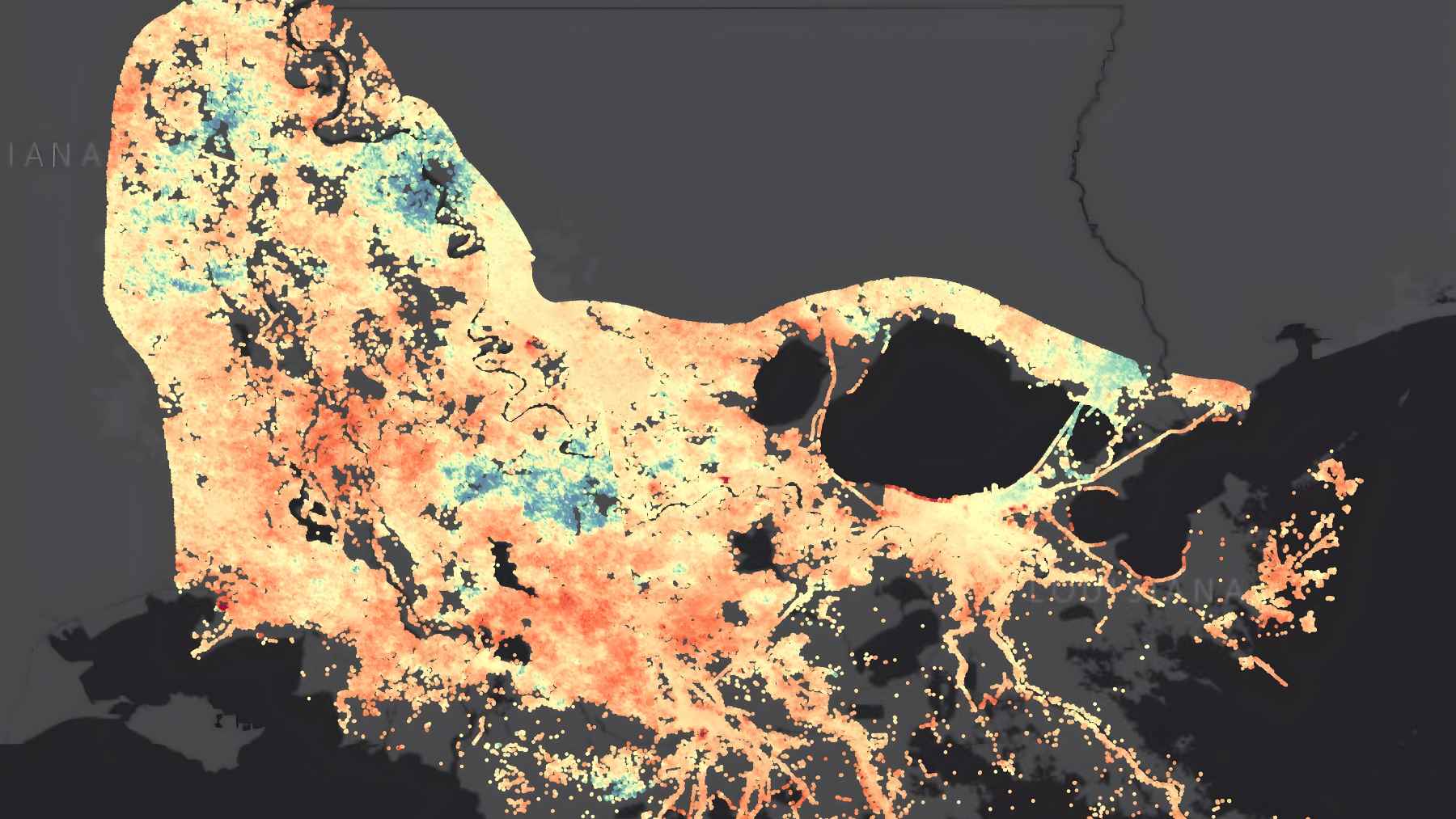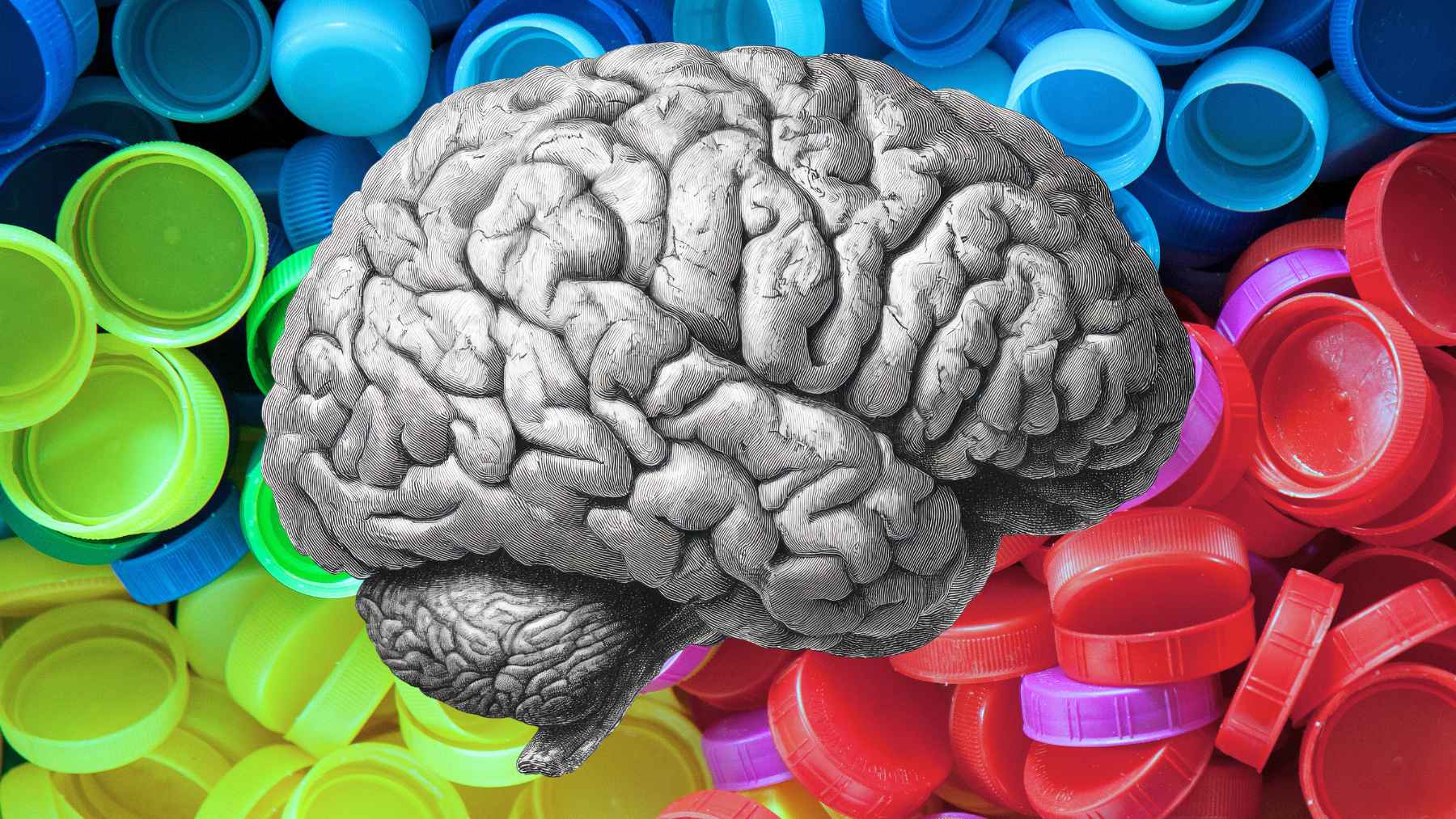Every month, the Supplementary Nutritional Assistance Program (SNAP) sends millions of payments to cover groceries and food expenses for beneficiaries. Since its inception, it has been a cornerstone prevention program to keep children out of poverty and to prevent millions from going hungry. This summer, with the schools closing for the vacation period, many families who rely on the school lunch program to assist with feeding their children may struggle to cover the increased food expense costs. However, if you applied in time, you have a new payment on the way.
SNAP prevents childhood poverty
Previously, and colloquially, referred to as food stamps, SNAP is a fully-funded government assistance program intended to support families and individuals purchase food. The program is not intended to keep beneficiaries on it indefinitely, with beneficiaries needing to adhere to a number of work requirements to stay in the program in addition to only be able to receive benefits for a limited amount of time.
Despite SNAP being a federally funded program, states are left to manage and distribute payments themselves. Payment dates will hence differ state by state for eligible beneficiaries. To qualify to receive SNAP benefits, you generally need to earn an income below a specific threshold of the poverty line as well as have a limited number of assets to your name.
Hawai’i residents may have lost out on this new payment
This summer, if you are a resident of Hawai’i, this week marked an important deadline for SNAP and other government assistance program beneficiaries. Due to the vacation recess period and schools closing, many low-income families may be feeling and increased strain on their grocery bills due to the school lunch program not operating during this period.
As such, the US Department of Agriculture announced the start of the new Summer Electronic Benefit Transfer program ‘Sun Bucks’ program. In the state of Hawai’i, the Hawaii Department of Human Services has partnered with the US Department of Agriculture to bring an additional $177 per eligible child to families. Over 80,000 children state-wide have already received benefits from the Sun Bucks program.
“SUN Bucks is a reminder that when we invest in our keiki, we invest in the future of our state. These benefits don’t just help families — they strengthen our local economy by putting dollars directly into our grocery stores, farmers markets and food systems,” said First Lady Jaime Kanani Green in a statement.
If you are already a family who receives SNAP benefits, have children who receive the National School Lunch Program (NSLP), or receive Temporary Assistance for Needy your children would have automatically qualified for the program. However, if you did not automatically qualify, Hawai’i residents had until August 3 to apply to take part in the program. The Sun Buck program is available across all states, with different deadlines to apply for the program depending on where you reside.
New social assistance programs across states
While the Sun Bucks program is a federal initiative, many states are offering their own social assistance programs to help their residents. In California, the state recently rolled out their First Economic Support Pilot (FFESP) program. The program is intended to investigate the feasibility of a guaranteed-income program for low-income residents.
Residents who qualified to take part in the year-long pilot program saw their first payments roll out mid-June, amounting to $725. As part of the program, beneficiaries will also be able to join peer support groups, monthly financial webinars, one-on-one financial coaching, and connections to community-based organizations in their communities. These additional benefits are intended to make families financially self-sufficient, and not need to rely on social assistance one the program ends.
Disclaimer: Our coverage of stimulus checks, tax reliefs, tax rebates, tax credits, and other payments is based on the official sources listed in the article. All payment amounts and dates, as well as eligibility requirements, are subject to change by the governing institutions. Always consult the official source we provide to stay up to date and obtain information for your decision-making.















